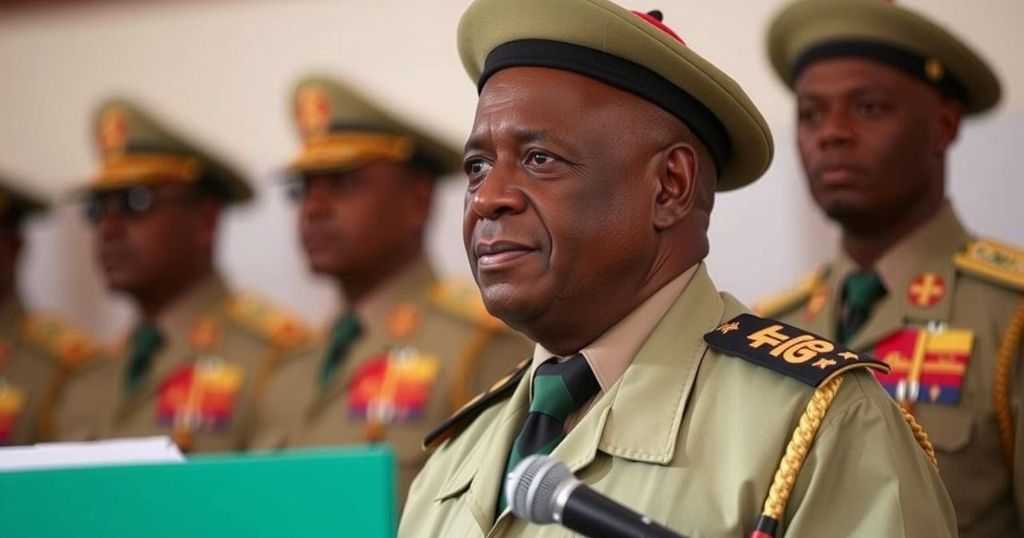Chad’s Crucial Parliamentary Elections Witness Opposition Boycott Amid Military Transition

Chadian voters participated in parliamentary elections boycotted by major opposition parties, concluding a three-year military transitional period. The elections, the first in over a decade, follow a disputed presidential vote led by Mahamat Idriss Deby, whose government faces criticism for its commitment to democracy. Over ten opposition parties opted out of the elections citing a lack of credibility, emphasizing citizens’ concerns over their political representation.
Chadians participated in parliamentary and regional elections on Sunday, marking the conclusion of a three-year transitional period following military governance. However, the main opposition parties opted to boycott the election, contending that the electoral process lacked credibility. This election is significant as it is the first democratic parliamentary election in over ten years. The transitional leader, Mahamat Idriss Deby, previously won a controversial presidential election earlier this year, aimed at reinstating democracy after his father’s three-decade rule ended with his death in 2021. With over 10 opposition parties, including the prominent Transformers party, boycotting the vote, many citizens face a critical decision regarding their country’s political future amidst ongoing security challenges.
Chad, an oil-exporting nation with a population of 18 million, has endured a prolonged absence of a genuine transfer of power since gaining independence from France in 1960. The current parliamentary elections, which are also regional, are the first following a series of democratic processes that include a national dialogue and a constitutional referendum, all part of the transition initiated in 2021. Despite these steps toward reinstating democracy, the main opposition voices accuse the ruling authorities of manipulating the electoral framework to maintain their power.
The parliamentary and regional elections in Chad represent a pivotal moment in the country’s effort to return to democracy after a prolonged military rule. The opposition’s boycott underscores deep-seated concerns regarding electoral integrity, raising questions about the legitimacy of the forthcoming results. Meanwhile, the country grapples with various security issues, highlighting the critical need for a stable and credible governance structure that aligns with the aspirations of its citizens.
Original Source: abcnews.go.com








